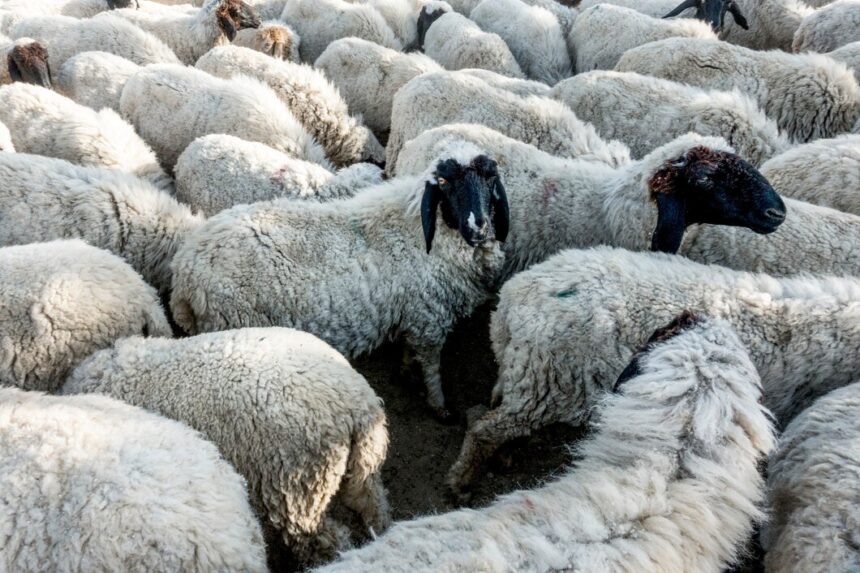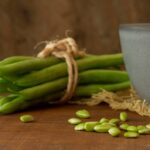Pedi sheep, a breed native to South Africa, have become increasingly popular among farmers for their adaptability and unique characteristics. If you’re considering breeding and farming Pedi sheep, here are ten key insights to guide you through this rewarding venture.
1. Origin and Heritage: A Proud South African Breed
The Pedi sheep, also known as the Bapedi or Bapedi sheep, are indigenous to South Africa. They have a rich history deeply rooted in the traditions of the Pedi people and are well-adapted to the diverse climates of the region.
2. Dual-Purpose Breed: Meat and Wool
Pedi sheep are considered a dual-purpose breed, meaning they are raised for both meat and wool production. Their ability to thrive in various environments makes them a versatile choice for farmers seeking a well-rounded livestock breed.
3. Adaptability to Harsh Environments: Resilient Traits
Known for their resilience, Pedi sheep can adapt to harsh and challenging environmental conditions. They are well-suited to the semi-arid regions of South Africa, making them an ideal choice for farmers in diverse landscapes.
4. Reproductive Efficiency: High Fertility Rates
Pedi sheep are renowned for their reproductive efficiency. They have high fertility rates and are known to be prolific breeders, which can be advantageous for farmers looking to build a sustainable and growing flock.
5. Grazing Habits: Thriving on Natural Forage
Pedi sheep are well adapted to grazing on natural forage, making them a cost-effective choice for farmers. Their ability to utilize available vegetation contributes to their suitability for extensive farming systems.
6. Coat Color and Characteristics: Distinctive Appearance
Pedi sheep exhibit a range of coat colors, including white, black, and various shades of brown. Their wool is typically coarse, making it suitable for certain traditional crafts and textiles.
7. Health Management: Robust Breed
Pedi sheep are generally hardy and have good resistance to common sheep diseases. However, like any livestock, they require proper health management practices, including vaccination and parasite control, to ensure optimal well-being.
8. Nutrition Requirements: Balanced Diet for Optimal Performance
Providing a balanced and nutritious diet is crucial for the health and productivity of Pedi sheep. Consult with a veterinarian or livestock nutritionist to formulate a diet that meets their specific nutritional needs.
9. Market Demand: Niche Opportunities
As the demand for indigenous and locally adapted breeds increases, Pedi sheep offer farmers niche market opportunities. Their unique characteristics make them appealing to consumers looking for sustainable and heritage products.
10. Sustainable Farming Practices: Supporting Biodiversity
Choosing Pedi sheep aligns with sustainable farming practices and supports biodiversity. By preserving indigenous breeds, farmers contribute to the conservation of genetic diversity and maintain resilient livestock populations.
Breeding and farming Pedi sheep in South Africa require a thoughtful and informed approach. Understanding their unique characteristics, reproductive traits, and adaptability is essential for success. By embracing these insights, farmers can harness the potential of Pedi sheep to build thriving flocks and contribute to the rich agricultural heritage of South Africa.






